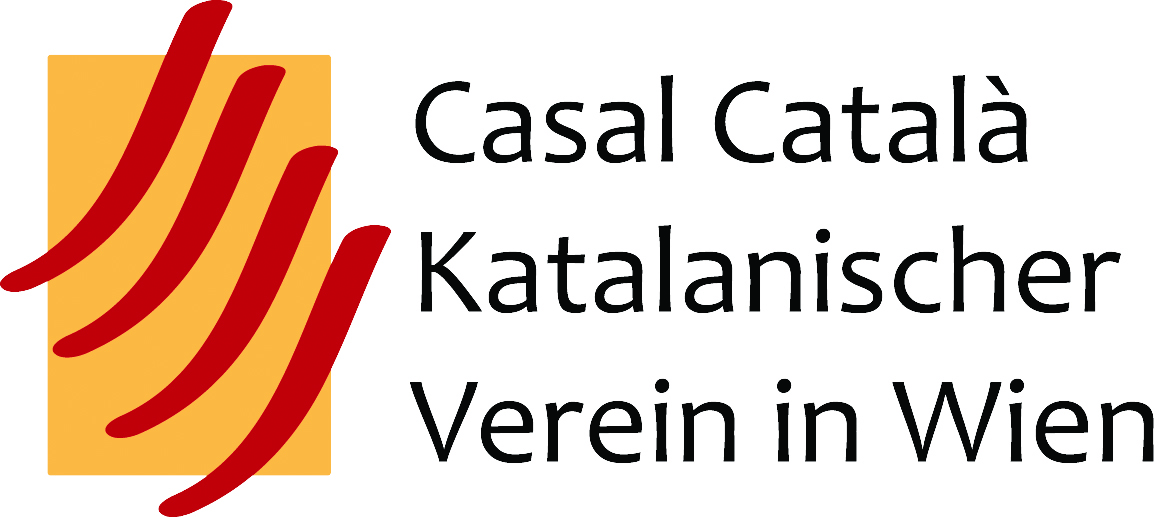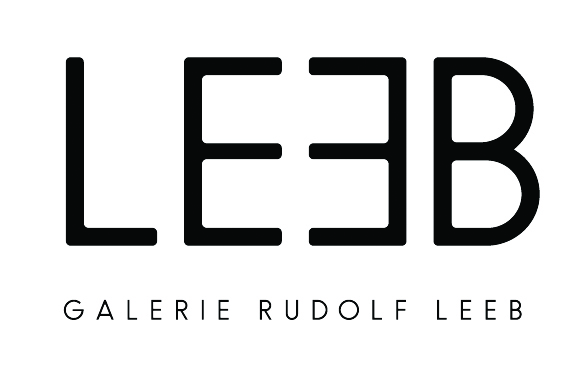Censorship and Freedom of Expression
On the regression of freedoms in Europe
Museum of Modern Art, MG+
Duration: 4 — 14 February 2020
Opening: 4 February 2020, at 7 p.m.
Tuesday, 4 Feburary 2020, at 6 p.m., auditorium MG+
DISCUSSION: Censurship in Media and Art. Freedom of Speach in Europe. The discussion will be moderated by jurnalist Kristina Božič, participated by media activist Domen Savič and some of the artists from the exhibition.
Mirkan Deniz, Silke Maier Gamauf, Romana Hagyo, Santiago Sierra, Arye Wachsmuth, Ana Garcia Pineda
What is the state of freedom in Europe? What role must art play in this relationship? Are there limits to freedom of expression? How many of these limits can democracy tolerate? Today, the effects of censorship, agitation and manipulation are clearly visible in culture and the media. Critical voices are often misused purely for political purposes, while their positions and statements are distorted to satisfy a demand for sensationalism.
More and more often, artists are sentenced to prison for their work, their art is subject to censorship, while they are exposed to media aggression. Likewise, journalists experience ever-increasing pressure. The attacks they are exposed to are deliberately calculated actions that target a kind of self-censorship. In addition, critical art and independent journalism are able to find less and less funding. Journalists and cultural workers who raise uncomfortable questions can expect serious consequences and even see their careers endangered.
Through this exhibition, we would like to express our unconditional support to the arts and culture, as well as to journalism, and set an example for freedom of opinion and human rights.
The focus of this exhibition is, therefore, Santiago Sierra’s work Political Prisoners in Contemporary Spain, the presentation of which was suspended at the 2018 ARCO, the largest Spanish art fair.
This act of censorship, which made headlines worldwide, demonstrates the fragility of the democratic structures in Europe. The EU remained silent in its criticism and referred to it as “domestic debates.” This way, a regression of freedoms is taking place quietly and secretly, while concepts such as “democratic fascism,” which only a few years ago could have been described as antonymous, are becoming increasingly justified.
The work of Silke Maier-Gamauf and Romana Hagyo deals with male dominance within historiography, in which prominent women are scarce and they are rarely commemorated in our townscape. This prompted the artists to set up a parkour of street signs bearing the names of famous female figures in the still undeveloped part of Aspern, a new living area situated on the outskirts of Vienna. One of the signs was dedicated to Silke Maier-Witt, a member of the Red Army Faction, however, the political and media reaction to the memorial plaque cannot be tolerated in an open-minded society.
The frontal attack by the Austrian People's Party (ÖVP) and the Freedom Party of Austria (FPÖ) on the plaque, erected in the vicinity of the Notgalerie (emergency gallery) in Aspern, with the support of KÖR (a project sponsored by the City of Vienna for art in public spaces), points to a lack of democratic understanding and, as such, must be sharply criticized. The fact that the yellow press, distorting the facts, initiated a veritable smear campaign against the artists, once again clearly demonstrates how little importance these media attach to the principles of artistic freedom and differentiated reporting.
Mirkan Deniz works with sculptures, videos and installations, while her conceptual works are often based on reconstructions and quotations. One of her interests is the tension between material and immaterial effects (trauma, unspeakable experiences and memories). Her work examines the ability of an object (a sculpture) to contain this tension and explores the relationship between the past, violence and subjectivity.
In her work, Mirkan Deniz deals intensively with the history of the Kurdish people, the oppression of minorities, the effects of imperialism and the lack of reprocessing and awareness about those policies. Deniz not only practices art at the interface with political activism – it is a vital segment of her work, in which life becomes equated with activism. Thus, her work is not only characterised by a critical examination of power structures, but it also appeals to the personal responsibility of each individual.
Arye Wachsmuth lives and works in Vienna, while the themes of his artistic investigations are technology, history and perception. His works are often multi-segment spatial and video installations, within which he attempts to deconstruct a mediatised “collective history” with images of knowledge, memory and thought. His works have been shown in numerous international exhibitions and film series.
Arye Wachsmuth’s art reflects his political activism and it is inseparably linked to it. Topics such as the reappraisal of National Socialism and the refugee debate are processed and addressed through artistic methods and debates. However, his work is not only theoretical – in recent years Wachsmuth has taken an active role in refugee policy, actively contributing to improving conditions in the reception camps in Eastern Europe. For this exhibition, he has prepared a documentary examination of the situation on site.
Ana Garcia-Pineda is an artist and performer born in Sabadell, a peripheral city of Barcelona. In her work, she analyses, among other things, the construction of narratives, collective consensus and the mechanisms that shape society and their inner workings. Using humorous and poetic visualizations of the results of her studies, she creates a playful introduction to complex issues and encourages reflection.
Breaking down the construction of a “reality” is another important task that culture has to fulfil. A change of perspective enables a differentiated formation of opinion and, as such, it is essential to democracy. Garcia-Pineda’s work shows us that critical thinking can counteract the one-sided formation of opinion that is attempted, among other things, through censorship or self-censorship.
Curated by the Catalan Cultural Association in Vienna in cooperation with the Rudolf Leeb Gallery.
 |
 |